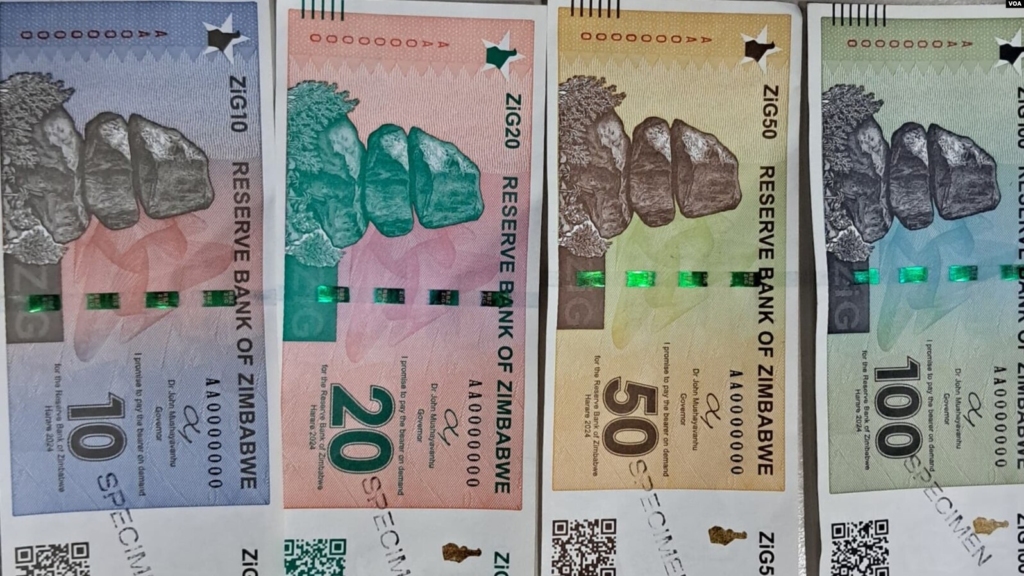
Regulation: Finance Minister Orders Local ZiG Currency to Be Used for Payment of Certain Taxes and Government Services in Zimbabwe Rather Than US Dollars
As part of fresh initiatives to increase demand for the country’s gold-backed currency, Zimbabwe’s Finance Minister, Mthuli Ncube, has mandated that payments for government services be made in the local ZiG currency. On July 25, 2024, in Mount Hampden, 11 miles northeast of the capital Harare, Ncube announced the reforms in his mid-term budget statement to parliamentarians. Zimbabwe Gold, or ZiG for short, was commended by the minister for reducing “inflationary pressures in the economy.”

The government faced criticism earlier for favouring payment in US dollars, a decision that was perceived as weakening the recently introduced ZiG. The country’s previous currency, the Zimbabwean Dollar, has also been largely attributed to the position.
Additionally, the Finance Minister stated that he prefers some taxes to be paid in ZiG, such as:
- Custom duties on selected finished products
- Presumptive taxes, and
- aportion of corporate taxes
According to him, the police and financial intelligence unit of the central bank will keep up their crackdown to protect the ZiG from speculation on the black market.
Ncube declared, “This exercise will continue until there is stability and sanity in the financial sector.”
According to Ncube, more than 500 traders and people have already paid fines for utilising unlawful foreign exchange rates, refusing to accept the ZiG, and participating in other related offences. The Zimbabwean Dollar was replaced by the Zimbabwean Wage in April 2024, following an 80% decline in value relative to the US dollar this year [2024], which fuelled a spiral of inflation. The ZiG had $285 million in cash and mineral reserves at start.
According to a recent announcement made by the governor of the Reserve Bank of Zimbabwe, the nation currently has $370 million in gold reserves, up 30% over the previous 100 days.
By holding greater reserves, the central bank will be able to issue more ZiG currency, which will help it achieve its objective of lowering the nation’s reliance on US dollars.


